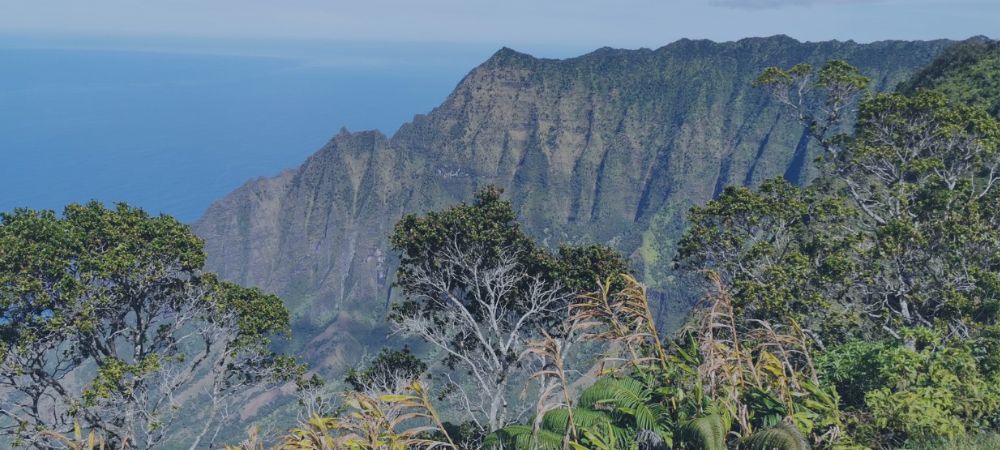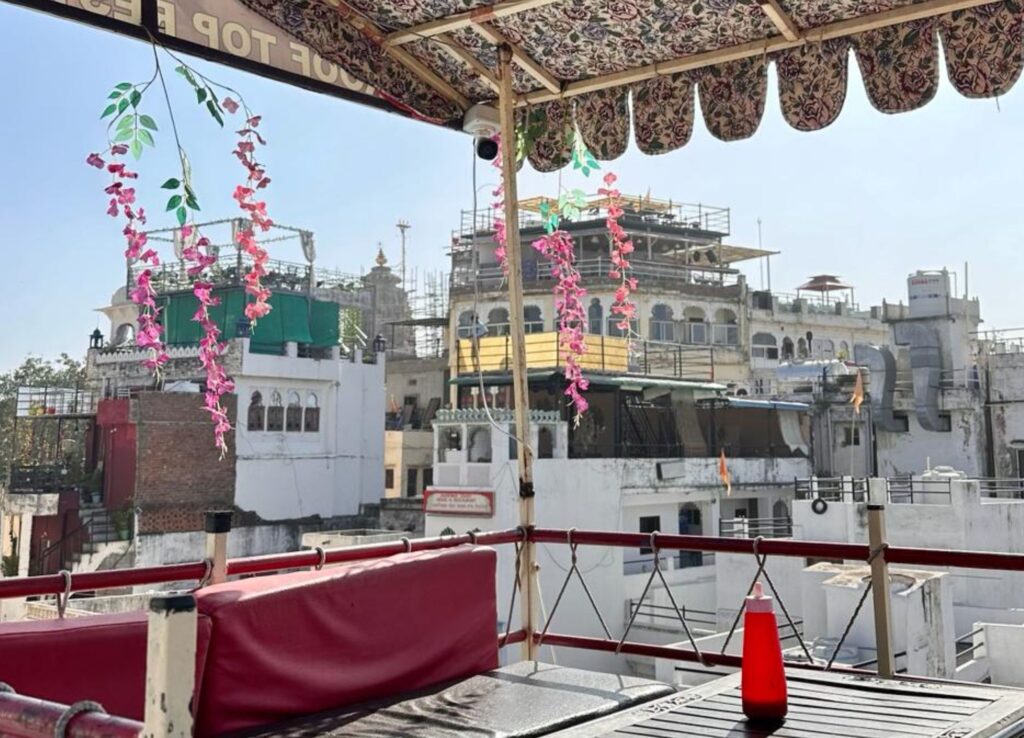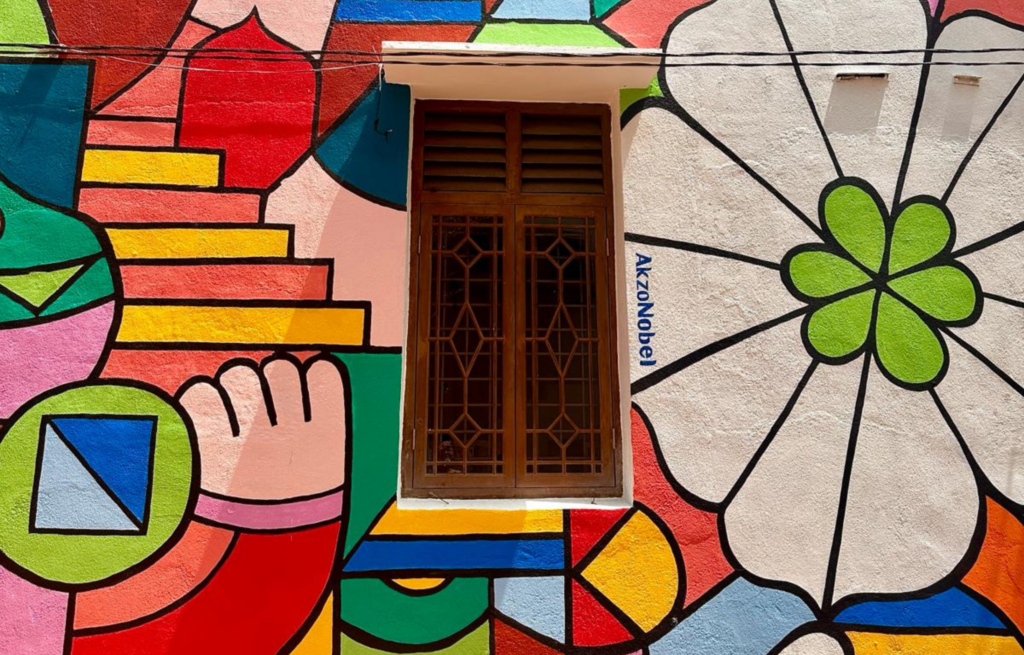Introduction to Tourist Scams in India
Hello and welcome to our comprehensive guide on tourist scams in India! We had recently the chance to travel around several state of India for one whole month and like probably every other tourist, people tried to scam us a lot!
This is why I wanted to come up with a guide on tourist scams in India in order to prepare other travelers for their trip to this amazing country! However, scams should not hinder you from visiting the country.
India is a land of contrasts and offers a range of experiences from spiritual enlightenment to adventurous discoveries. With its breathtaking variety of landscapes, rich history, and cultural depth, it attracts millions of travelers every year.
But with beauty comes challenges. As a popular destination, India is also a nice way for scammers targeting unsuspecting tourists. These scams can range from minor inconveniences to serious financial and personal losses.
Whether you are an experienced globetrotter or a first-time visitor, it is essential to be aware of potential risks and travel prepared.
In the following sections, we dig deeper into the world of tourist scams in India. We uncover the most common types of scams, from ubiquitous taxi overcharges to more complex schemes like fake tour guides.
Additionally, we provide practical advice on how to protect yourself and make the most of the Indian experience without falling victim to scams. This guide about tourist scams in India aims to help you enjoy the beauty of the country while feeling secure and protected.
If you are still looking for a 2 weeks North India or a full 4 weeks India itinerary, check out our other guides!
Want to fly for India but you only have a limited budget? Check outWayAway, your ultimate flight comparison tool, and discover how easy it is to find unbeatable deals. Get the iOS app or android app here.
Common Tourist Scams in India
India is a land of wonders and surprises, but unfortunately, it is also a place where tourists often fall victim to scams. These tourist scams can take various forms, from small deceptions to sophisticated schemes aimed at exploiting unsuspecting travelers.
Here are some of the most common types of tourist scams in India and I promise, you will at least experience one of them! 😂
- Train Ticket Scam: Scammers posing as train personnel claim that your ticket is invalid without a specific stamp and demand an additional fee for it.
- Metal Detector Fee Scam: Unnecessary fees for passing through metal detectors are demanded at tourist locations.
- Bracelet or Bindi „Gift“ Scam: Scammers ask for money for unsolicited bracelets or bindis.
- The „Poo“ Scam: Someone intentionally dirties your shoes and then demands money for cleaning them.
- Fake or Stolen SIM Card Scam: Selling non-functional or stolen SIM cards to tourists.
- Fake Menus: Restaurants show tourists menus with higher prices, while locals get lower prices.
- Luggage Theft on Day Trips: Tourists‘ luggage is stolen or rummaged through during day trips.
- Train Ticket Validation Scam: Scammers claim that tickets need additional stamps for validation and demand fees for it.
- Hotel Closure Scam: False claims by taxi or rickshaw drivers about the closure of your booked hotel to take you to another, more expensive hotel.
- Fake Tour Guide Scheme: Fake tour guides offer their services at tourist spots, often with misleading information and high fees. Travelers should ask for official guide IDs and seek recommendations from trusted sources.
Fake Hotel Reviews
While we were booking accommodations for our trip to India, we have often encountered fake reviews on several renowned websites. It becomes very noticeable when, for example, only Indians write reviews (which are likely fake), or when there are reviews from foreigners that are overly positive, yet there are one or two negative reviews.
Strangely, these negative reviews tend to disappear after a short time, while the fake positive reviews persist. It is even possible that accounts are hacked to generate these positive reviews.
Therefore, exercise extra caution when it comes to hotels. Frequently, different pictures are used, and the reality of the hotel may be quite different, either run-down or non-existent.
Uber Scams
There are many ways Uber drivers can attempt to scam tourists. They may insist on cash payments instead of processing the fare online via the app, often charging more. Another tactic, which we experienced twice, involves toll fees.
We were picked up from the train station and traveled along a highway where toll fees were applicable. Uber had informed us beforehand that toll fees were not included in the fare, which we understood. Upon reaching our destination, the driver demanded 300 rupees (~3€) for tolls.
However, we were cautious and had already checked the toll amount on Google Maps for our route, which showed only 40 rupees (~0.40€). After presenting this to the driver, he attempted to negotiate, asking for 100 to 150 rupees instead.
While we didn’t fuss over the small amount, it could have been a significant issue for a longer route. Therefore, be alert when Uber mentions additional toll fees, as drivers might use this as an opportunity to overcharge tourists.
Pro Tip: Use Google Maps to calculate the toll fees!
To make sure you do not meet a fake tour guide, book your tours in advance! Explore platforms such as Viator or GetYourGuide to tailor your adventure to your preferences and interests.
How To Avoid Being Scammed in India?
Knowing about various tourist scams in India is the first step to protect yourself during your journey in India. But how do you effectively recognize and avoid these traps? Here are some valuable tips:
First and foremost, I can really recommend getting an Indian sim card to you. Especially if you do not want to get scammed on taxi prices or quickly research for trusted guides and tours, it is necessary to have internet.
However, in India it is not too easy to find open Wifi or it is hard to login because most often you can only enter an Indian number. This is why I can really recommend using eSIM cards instead, for example this one of Airalo!
They have sim cards starting at 5$ which are absolutely enough for a short trip.
- Research and Preparation: Thoroughly research common scams in India through travel forums, blogs, official tourism websites, and conversations with other travelers or locals before your trip.
- Use Trusted Services: Utilize recognized and rated providers for tours, transportation, and accommodations. Purchase tickets only from official outlets and websites.
- Reject Unsolicited Offers: Be skeptical of too-good-to-be-true offers, especially at tourist hotspots, and learn to politely but firmly decline suspicious offers.
- Critical Evaluation of Information: Always verify the authenticity of information and services, such as guide IDs and tickets. Seek trustworthy sources or advice in case of uncertainties.
- Vigilance in Crowds: Stay particularly vigilant in busy areas, protect your valuables, and be aware of your surroundings to avoid distractions and scams.
- Secure Storage of Valuables: Carry valuables close to your body and out of sight.
- Caution with Cash: Avoid publicly displaying how much cash you have.
- Orientation: Use maps or GPS to navigate and gain confidence in your route.
- Verification of Final Price: Always confirm the final price before making a payment.
- Choose Safe and Reputable Accommodations: Stay in well-reviewed accommodations to ensure safety and reliability.
- Learn Basic Local Phrases: This shows respect for the culture and can be helpful in negotiations.
- Caution with Unsolicited Offers: Be skeptical of individuals offering help or services without prompting.
Still looking for an affordable accomodation in India without fake reviews? Check out Agoda for the best hotel deals or Hostelworld in case you are a backpacker like me. Click on the link or use the following tool for a quick search.
How To Deal With Scammers in India?
Even with the best preparation, it is possible to find yourself in a fraudulent situation in India. Here are some strategies on how to react if you suspect you are falling victim to a tourist scam in India:
- Stay Calm and Collected: Maintain composure in fraudulent situations and think clearly to avoid hasty and potentially harmful decisions.
- Negotiation and Setting Boundaries: Negotiate in minor scams and set clear boundaries regarding your willingness to pay to maintain control over the situation.
- Simple „No, Thank You“ and Move On: Often, a brief, clear response and moving on is the best reaction.
- Ignore and Move On: In some cases, it is best to ignore scammers and simply continue walking.
- Apply Language Strategies: Pretending not to speak English can deter scammers.
- Trust Your Instincts: If something sounds too good to be true, it probably is.
- Assertiveness When Needed: If you feel uncomfortable, do not hesitate to be assertive and firm.
- Seek Help: Seek assistance from passersby, business owners, or the police, especially from specialized tourist police units, in case of threats or serious attempts at fraud.
With these strategies, you can effectively defend yourself against scams in India and retain control of the situation. Remember that your well-being and safety should always come first.
For seamless travel planning, consider using Trip.com, a comprehensive website offering flight, train, and hotel bookings all in one place. Trip.com simplifies your journey by providing a one-stop solution for various travel needs.
FAQ About Tourist Scams in India
This section addresses some of the most common questions that travelers may have regarding tourist scams in India. This information is based on online research and personal experiences to provide a comprehensive understanding of the topic.
Conclusion About Tourist Scams in India
India is a land of fascinating cultures, breathtaking landscapes, and unforgettable experiences. However, like any travel destination, it is crucial to be aware of the risks associated with tourist scams in India.
Through preparation, vigilance, and the right responses, travelers can avoid these pitfalls and fully enjoy their time in India.
- Preparation is Key: Knowledge of common scams is your first line of defense.
- Stay Vigilant: Pay attention to your surroundings and the people you interact with.
- Use Trusted Services: Whether it’s transportation, tours, or accommodations, choose reputable providers.
- Learn to Say ‚No‘: A clear and firm refusal can deter many scammers.
- Seek Help When Needed: Do not hesitate to seek assistance if you suspect fraud.
Traveling in India should be an enriching experience that you cherish for a lifetime. With the right knowledge and precautions, you can safely explore the diverse wonders of India.
Remember that an informed traveler is a safe traveler. Plan your trip wisely, stay vigilant, and enjoy the incredible journey that India has to offer.
I hope you enjoyed this little guide about tourist scams in India and share it with other travelers that should be aware of all these aspects!
If you want to read more about India, click here. And do not forge to follow me on my socials and stay updated on our adventurous world trip and get some more travel inspiration!
I hope to see you again soon on this blog. Do not forget to share this tourist scams in India guide with your friends and family too 🙂





